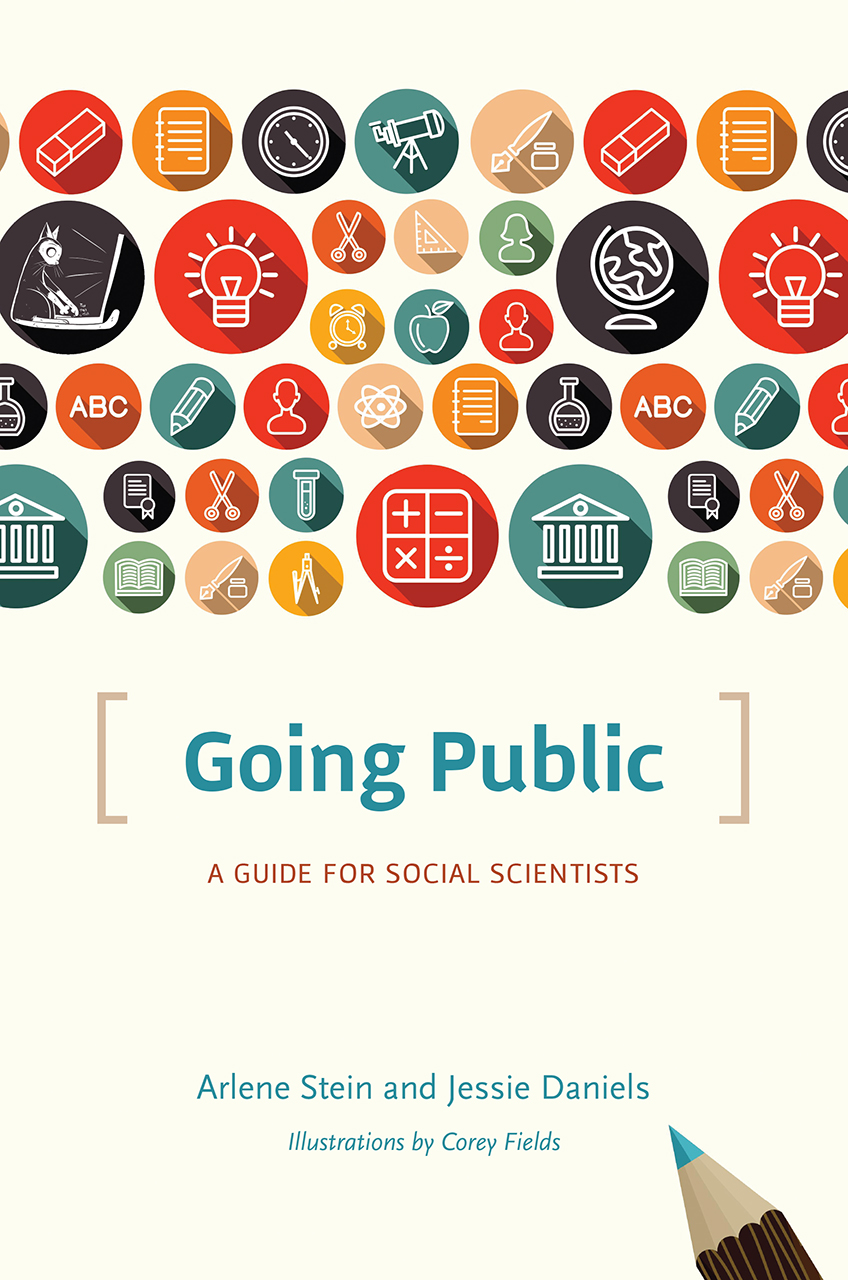Demonstrate Your Impact: Community-Engaged Scholarship
Communicating Community-Engaged Scholarship
Portland State University prides itself on faculty, staff, and students who "let knowledge serve the city." This motto extends to our work as scholars and learners. However, demonstrating community-engaged impact can prove challenging with traditional academic measures. This page attempts to provide some thinking exercises and resources for those participating in community-engaged scholarship.
Toolkits and Guides
-
Tenure and Promotion for Engaged ScholarshipResources demonstrating how community engagement and community engaged scholarship (CES) can be recognized and incentivized through faculty reward mechanisms, including tenure and promotion policies and practices.
-
APPS - Assessing the Practices of Public ScholarshipAn initiative from Imagining America, "...APPS as a collective is our desire to bridge the gap we and others too often encounter between assessment as bureaucratic management and assessment as a transformative process that involves all stakeholders in values-engaged exploration of the processes, relationships, and results of collaborative work. We want to reclaim assessment. We want to empower ourselves and our colleagues in communities and on campuses to stand in this gap and help close it with integrity, confidence, and a sense of agency."
Evidence of Impact
Significant Results: Impact on the Field and the Community
Scholars should evaluate whether or not they achieve their goals and whether or not this achievement had an important impact on and is used by others. A primary goal of community-engaged scholarship is to beneficially impact the communities in which such scholarship is conducted. The assessment of CES impact must go beyond just the reporting of positive, neutral, or negative outcomes of any given project. The scholar should explicitly state what knowledge they created or applied and what impact it has had or may likely have in the future. It is important to note here that “significant results” is intended to be broadly defined and not only “statistically significant results." Evidence of significant results/impact includes:
- The community contributing to as well as benefiting from the research or learning project
- Making progress towards social equity
- Changing health policy
- Improving community health processes or outcomes
- Securing increased funding to continue, expand or replicate the initial project or course
- Securing increased funding for community partners
- Increasing capacity of individuals in the community and community organizations to advocate for themselves
- Enhancing the ability of trainees or students to assume positions of leadership and community engagement
- Utilizing the work to add consequentially to the discipline and to the community
- Opening up additional areas for further exploration and collaboration through the work
- Utilizing the work to make a contribution consistent with the purpose and target of the work over a period of time
- Disseminating geographically limited work with clear discussion as to its generalizability to other populations or as a model that can be further investigated in other settings." (p. 7)
Jordan C (Editor). Community-Engaged Scholarship Review, Promotion & Tenure Package. Peer Review Workgroup, Community-Engaged Scholarship for Health Collaborative, Community-Campus Partnerships for Health, 2007.
Defining Impact
The following questions might help you frame impact with community-engaged scholarship.
- What makes community-engaged scholarship successful?
- How do you measure community change?
- How do you acknowledge community partners?
- How do you balance the need to highlight your efforts with those within your community?
Books
-
 Going Public: A Guide for Social Scientists
by
Call Number: H61.8 .S84 -- BasementPublication Date: 2017" While there has been an increasing call for social scientists to engage more broadly with the public, concrete advice for starting the conversation has been in short supply. Arlene Stein and Jessie Daniels seek to change this with Going Public, the first guide that truly explains how to be a public scholar."
Going Public: A Guide for Social Scientists
by
Call Number: H61.8 .S84 -- BasementPublication Date: 2017" While there has been an increasing call for social scientists to engage more broadly with the public, concrete advice for starting the conversation has been in short supply. Arlene Stein and Jessie Daniels seek to change this with Going Public, the first guide that truly explains how to be a public scholar." -
 If Only We Knew: Increasing the Public Value of Social Science Research
by
Publication Date: 2000
If Only We Knew: Increasing the Public Value of Social Science Research
by
Publication Date: 2000


